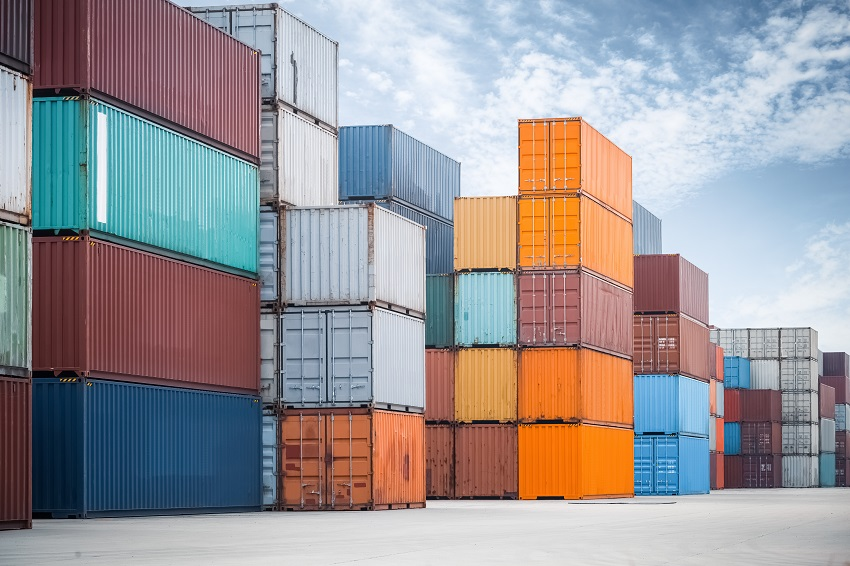
5 Misconceptions About Freight That Cost You Money
Let’s set the record straight about freight. If you don’t handle your freight correctly, it could end up costing your company more than just profits. Customer retention and your reputation also rely heavily on your shipping strategy.
Misconception #1:
Thinking that freight forwarders have unlimited credit with the carriers they use and can be used like banks is incorrect. Freight forwarders do not have unlimited credit that they could leverage for their benefit. And if a freight forwarder does offer extended credit terms such as a 90-day credit, then you should know that YOUR company is paying for that. In such cases, the freight forwarder has padded their rates to cover the finance cost.
Misconception #2:
Freight forwarders make an exorbitant amount of money on every container they move. This is a very common misconception and you might be shocked to realize that freight forwarders only make between 2-10%, on average. Of course, with such a slim profit margin a freight forwarder cannot be a bank and offer something a 90-day credit without recovering the money from you. As a businessperson, you know that type of profit margin doesn’t allow a freight forwarder to extend 90-day credit without some catch. And the catch is collecting the money from you!
Misconception #3:
Freight rates are the most important thing to look for when selecting a freight-forwarding partner. If you focus on rates as the most important factor, then you might be tempted to choose a low-cost provider. If so, you put your freight at risk for [intentional] theft, misplacement or damage. And that’s just the beginning of the woes that can ultimately cost you tens or even hundreds of times more than the actual shipping cost.
Misconception #4:
Bigger is always better. Not necessarily. If we look at the market composition then the biggest freight forwarders today have an insignificant market share. Why? Most often, small and medium sized freight forwarders offer better service and more flexibility than large companies. If bigger really was better, they would be moving ALL the freight. In fact, over 90% of the market does not use any of the top five forwarders.
Misconception #5:
Any honest freight forwarding company should be able to give you an accurate price quote if you just give them the port (or airport) of origin and the destination.
Here is what a freight forwarder must know to calculate the freight rates:
- Terms of Buyer Purchase
- Commodity
- Size of container or dims, weight and number of pieces
- Destination delivery address or postal code if delivery required
- Dock height at destination
- Customs requirements
- Harmonized Tariff Schedule (HTS) if known.
- Releasing goods under the L/C
Honest, reputable freight forwarding companies need a number of details in order to provide an accurate quote. The more information you can provide your freight forwarder, the more accurate your quote will be.
Understanding how freight forwarders work will help explain the rates you’re receiving and how you can be a partner with them to better your business.
